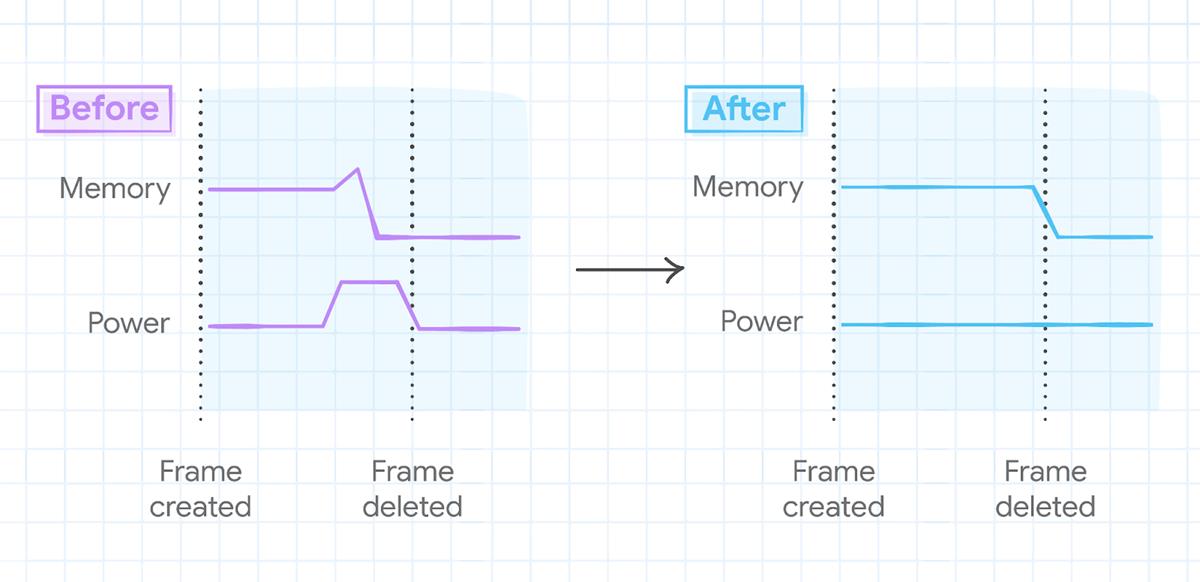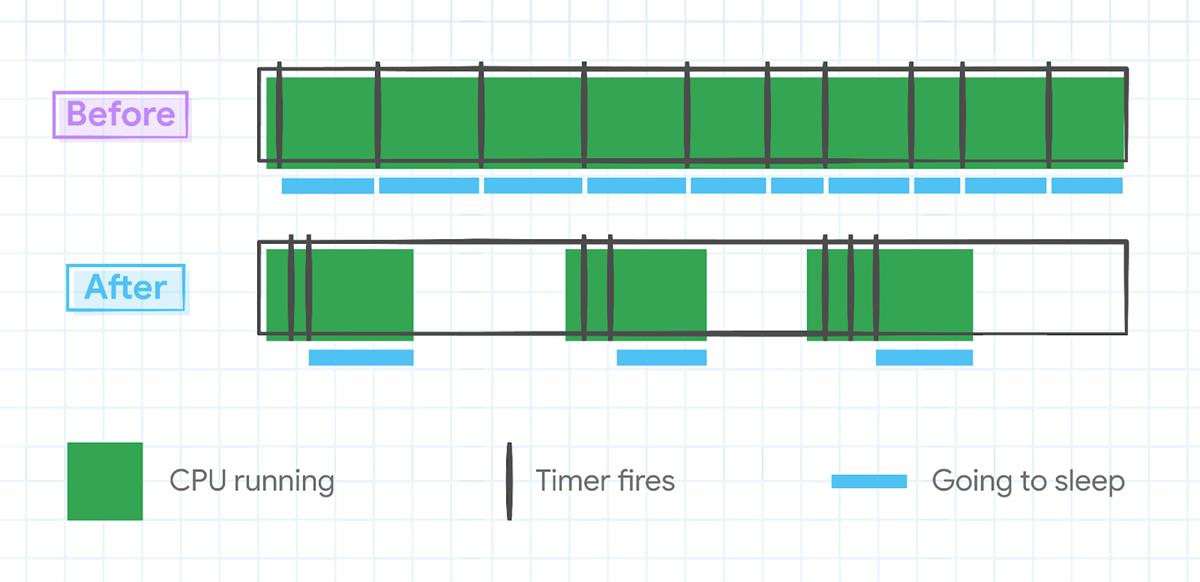Google Chrome finally optimised? Now consumes less battery power on MacBooks

Google says that the latest version of Chrome is more battery efficient on MacBooks. Last year, the Mountain View company began testing a couple of features in its browser to improve the memory and power consumption.

A couple of weeks ago, Memory Saver and Energy Saver were added to Chrome 110. In a nutshell, Memory Saver discards inactive tabs, while Energy Saver disables some animations, smooth scrolling and other visual effects. You can learn more about the features by reading Martin's article.
How Google tweaked Chrome to consume less battery MacBooks
A report published at the Chromium blog by François Doray, a member of the Chrome developer team, explains the changes that were made under the hood to improve the performance of the browser.
Google says that its team analyzed the performance of iframes, i.e. HTML pages that are loaded/embedded in a page, and discovered some issues with them (see the spike in the screenshot). The developers fine-tuned the garbage collection and memory compression for recently created iframes. This helps in reducing the short term memory usage and energy consumption, without affecting the long-term memory usage of the browser.

The article also goes into detail about how Javascript timers wake up the CPU frequently, and drive the power usage of the program. The new version of Chrome has been optimized to handle JavaScript timers and internal timers, so they fire less often, in order to make the browser more CPU-efficient. The data structures that were accessed frequently have been streamlined with optimized access patterns. Google also reduced the redraws in Chrome by detecting and ignoring unnecessary changes on websites including the style, layout, paint, raster and GPU steps. These optimizations were added to Chrome UI too. The Verge reports that these optimizations will also come to Chrome on Windows, Linux and Android in future updates.
The report states that Google ran some tests in Chrome 110 (version 110.0.5481.100) to benchmark the results. It managed to get 17 hours of browsing time, and 18 hours of YouTube video streaming on a single charge on a MacBook. The model which was used for the test was a MacBook Pro M2 2022 (13-inch model with 8GB RAM), and was running on macOS Ventura 13.2.1. Google says that users may enable the Energy Saver mode in Chrome, to get an extra 30 minutes of battery life on the laptop. What's even more impressive is the fact that the Search Giant claims that these battery-related improvements are also available on older MacBook models. Benchmarks and lab tests aren't usually very accurate to actual usage, so it'll be interesting to see how the browser performs in real-life tasks. Apple has set a high bar when it comes to battery efficiency in Safari on macOS. Can Google Chrome actually beat it at its own game?
As a Firefox user, I have noticed that the browser tends to use more battery and CPU than other apps, especially while scrolling on web pages. I'm a little annoyed that Mozilla hasn't fixed these issues in a long time.
Have you tested the latest version of Chrome on your MacBook? Do you notice any difference in the performance and battery life?



















This is good, Chrome won’t be chewing up your battery while your system is being infected due to all of Chrome’s continuous zero day exploits. Hopefully this will roll out to all the other chromium based browsers so that they too can save some battery while infecting users’ systems.